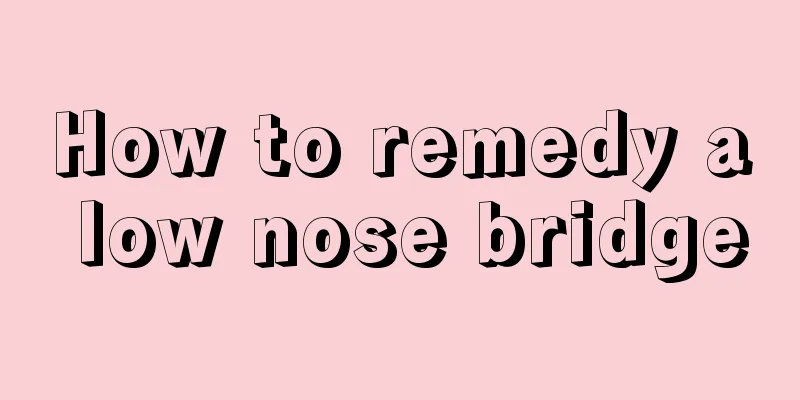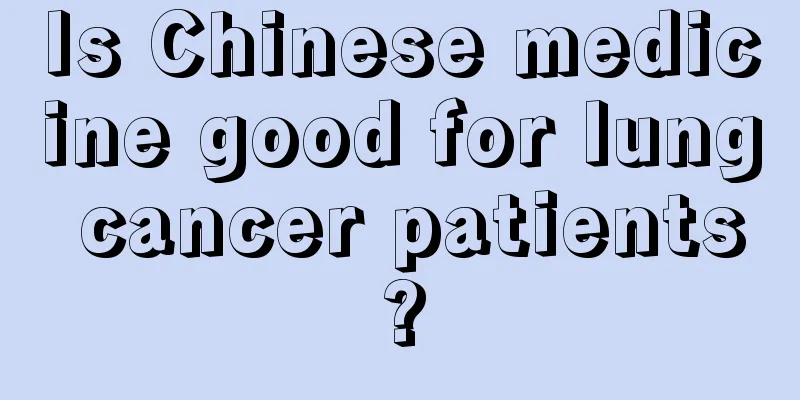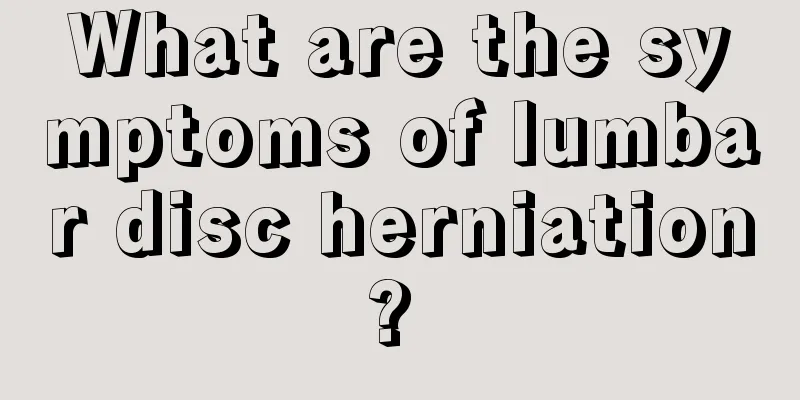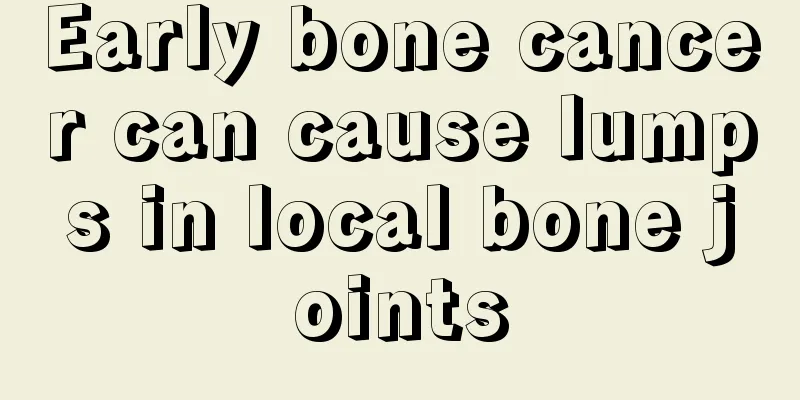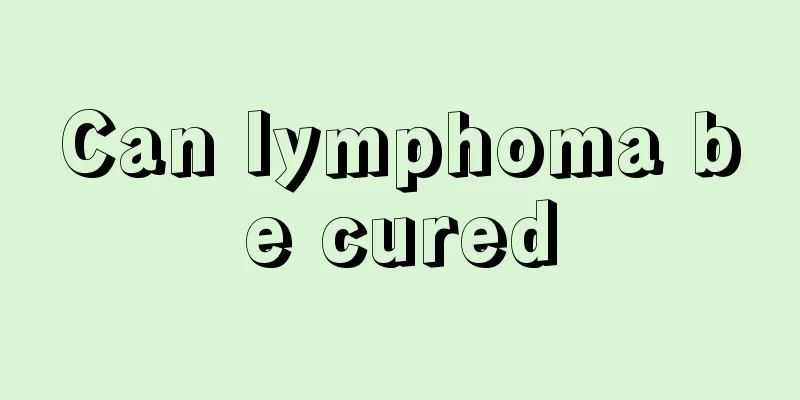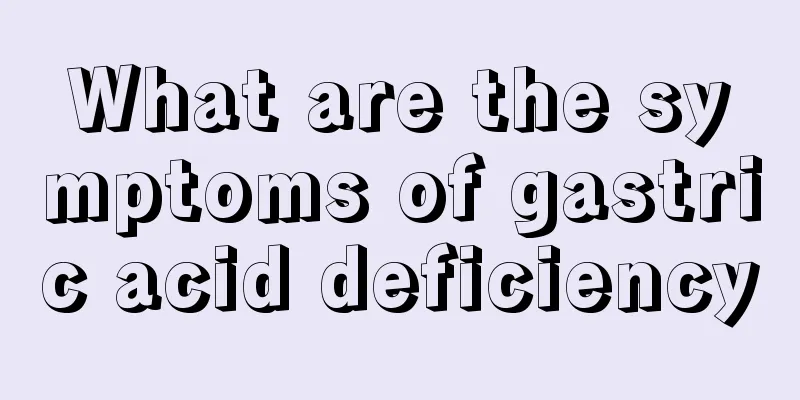Chest tightness after meals
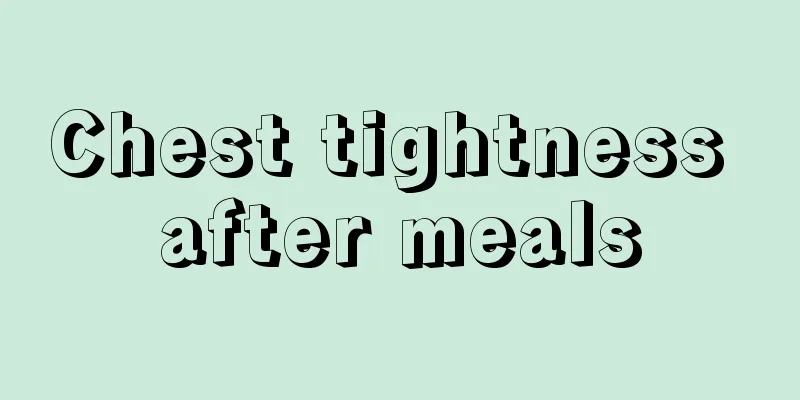
|
Eating is a normal thing that each of us does every day, because food can replenish the energy our body needs every day. However, many problems will arise after eating, including chest tightness. This situation is very uncomfortable after it occurs, and you will feel full. Many people may not know the specific reasons for this situation. So what is the reason for chest tightness after a meal? Feeling bloated after meals or all day long, belching but no acid reflux, poor appetite, gradual weight loss, and slightly pale or gray complexion are symptoms of chronic gastritis, especially chronic atrophic gastritis and gastroptosis, in middle-aged and elderly people. When eating, there is a feeling of obstruction, pause, and pain behind the sternum, which may be mild or severe. This often suggests that the patient may have esophagitis, esophageal diverticulum or early esophageal cancer. If you experience heartburn, belching, and pain behind the sternum after a meal (which is more obvious when lying flat, bending forward, or when abdominal pressure increases), gastroesophageal reflux disease should be considered. Upper abdominal pain after meals, or nausea, vomiting, or a feeling of indigestion. Symptoms persist for many years, often occurring in autumn. The pain may be rhythmic, such as after catching a cold, getting angry, or eating irritating foods. This may be a gastric ulcer. Stomach pain often occurs 2 hours after a meal, or wakes you up in the middle of the night, and is relieved after eating. Acid reflux is common. There may be duodenal ulcer or inflammation. If you experience abdominal distension and pain after meals, often with nausea, vomiting, and occasionally vomiting of blood, a history of stomach problems that have recently worsened, or no history of stomach problems that have only recently developed, and are accompanied by anemia, weight loss, loss of appetite, and a hard lump felt above the navel or heart, then you may be suffering from stomach cancer. Abdominal pain and diarrhea after eating improperly or catching a cold may be accompanied by vomiting, chills and fever, which may be acute gastroenteritis or acute dysentery. Diarrhea occurs immediately after a meal, after each meal, if you catch a cold or eat improperly, sometimes you have diarrhea and sometimes you have constipation. The diarrhea is watery, and there is a lot of mucus when you are constipated. Sometimes you have bloating and want to have a bowel movement but cannot defecate when you go to the toilet. You have not lost weight for several years, then you are likely to have chronic allergic enteritis. Eating spicy, greasy, or cold food, drinking alcohol, or having diarrhea right after a meal may cause diarrhea. Some people may have abdominal pain and intestinal rumbling during or before diarrhea, and the abdominal pain will be relieved after diarrhea. This may be due to intestinal dysfunction. |
<<: I can't see clearly up close when wearing myopia glasses
>>: What to do if the incision hurts after surgery
Recommend
What's the matter with the red spots on the tongue coating? These phenomena cause the red spots on the tongue coating
Excessive liver fire, staying up late, yin defici...
What are the early symptoms of kidney failure?
The kidneys are the most important internal organ...
What is a sweatshirt
There are many different types of clothes. Accord...
Can I exercise if I have bile duct cancer
First, let's learn about what bile duct cance...
What medicine is good for occult blood
Urine occult blood can be said to be a relatively...
Can I go to the toilet if my water breaks
Amniotic fluid is an extremely important product ...
Find out which vitamin you are lacking in 1 minute
When the body lacks certain essential vitamins, i...
How much does early-stage esophageal cancer surgery cost?
How much does it cost to treat esophageal cancer?...
Will liquor expire?
In ancient times, people drank liquor made from g...
Is pulmonary lymphoma contagious?
Lymphoma is a malignant tumor, and the root cause...
Two folk remedies for blood supplementation after radiotherapy for cervical cancer
After radiotherapy, patients with cervical cancer...
What to eat to prevent colon cancer
When treating rectal cancer, we often encounter v...
Psychological care methods for patients with colorectal cancer
Colorectal cancer patients are in great pain. Whi...
Why do my hands feel numb when I sleep in the middle of the night?
Some people may often like to sleep on their side...
What are the types of aortic arch?
Most people know very little about their own bodi...



